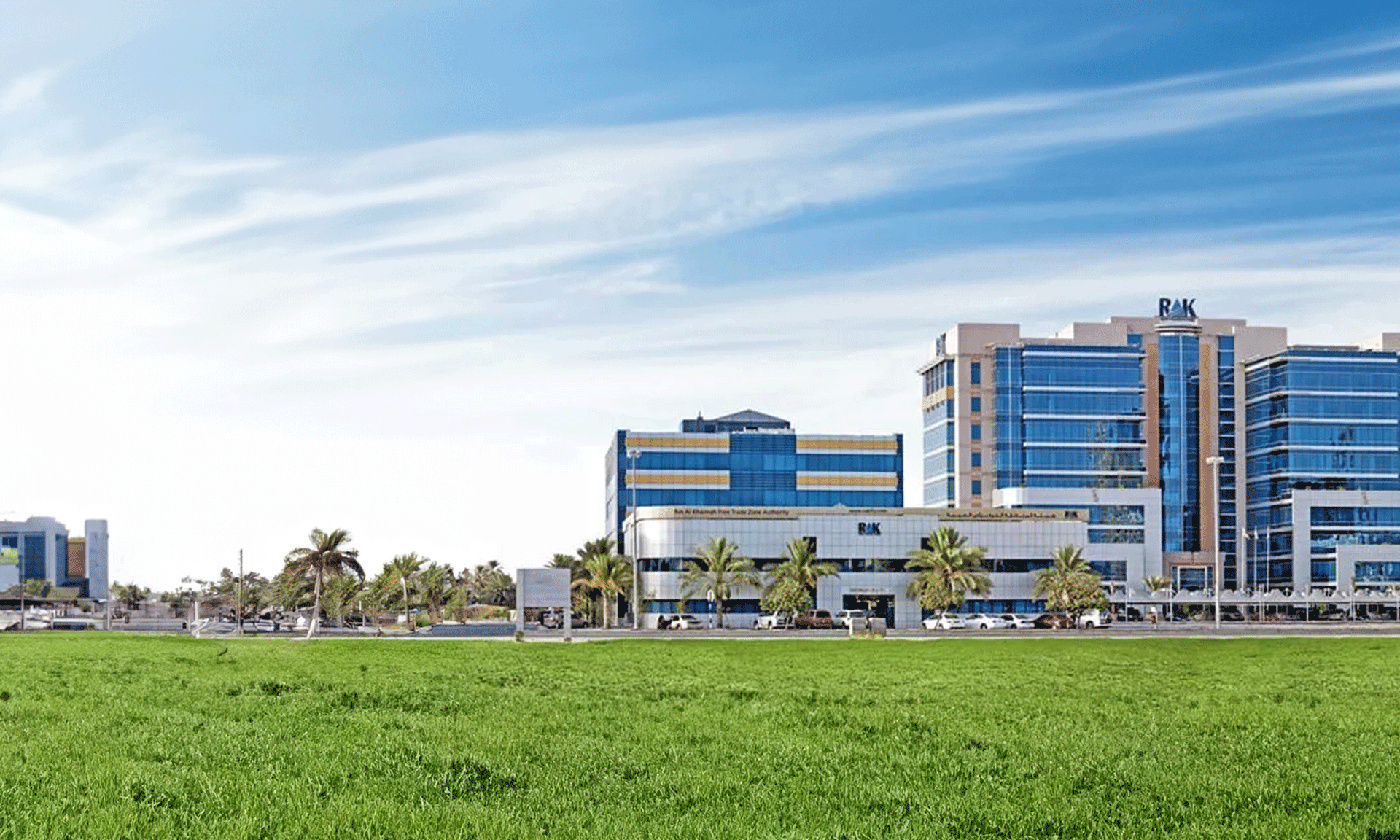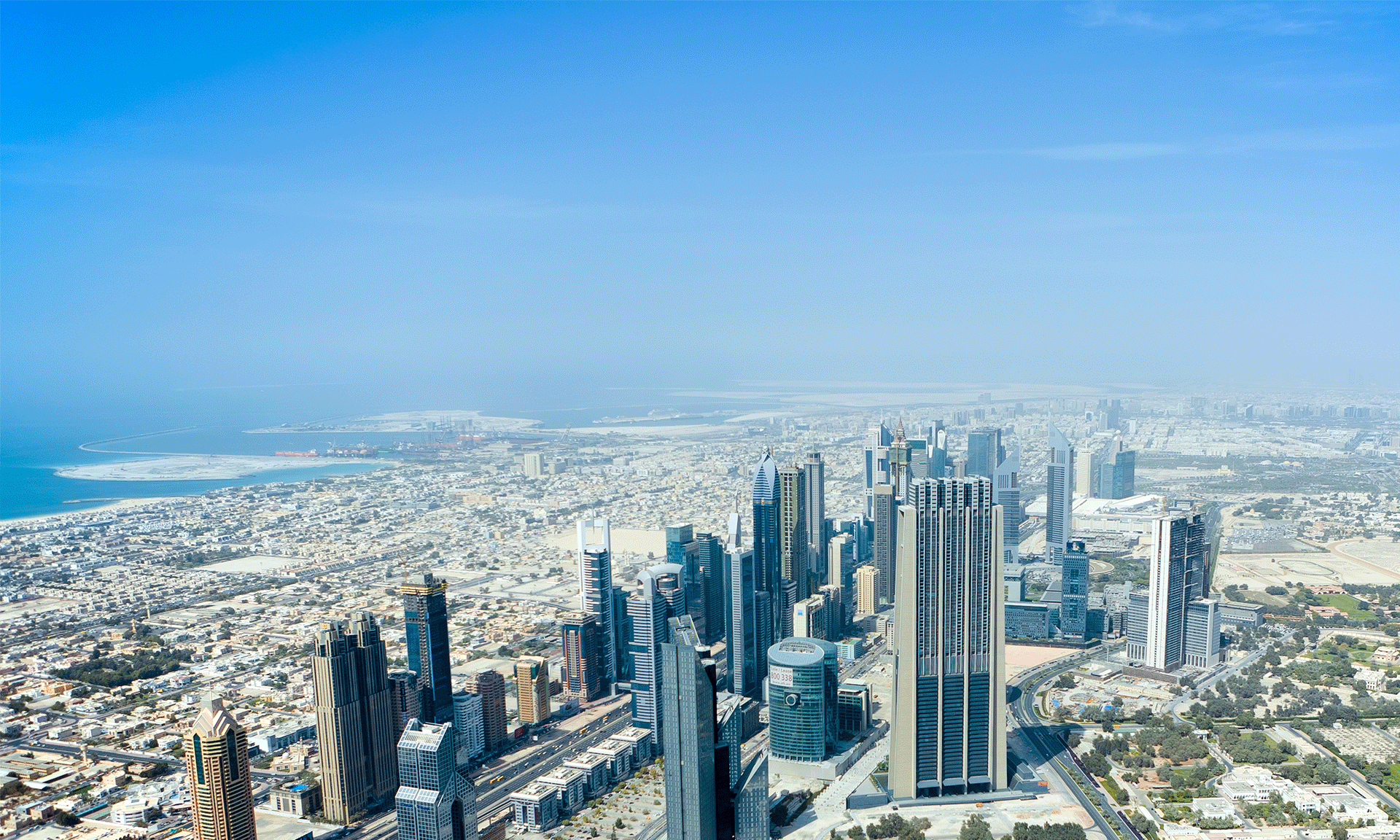An Overview
The global COVID-19 pandemic completely transformed the way we lived and shopped before and spurred the rapid growth of online shopping, with nearly three out of four consumers shopping more online than they did before the pandemic. Most online shoppers are also quickly moving away from cash and opting for contactless and digital payment experiences and customers made many purchases from online businesses that are not located in their own country. These are some key insights that would help aspiring e-tailers and businesses to leverage the shift towards online shopping and deliver convenient, fast and secure transactions after an e-commerce business set up in Dubai.
According to data and surveys conducted; FMCG, healthcare, apparel, groceries and electronic items have seen the maximum surge in online shopping in Dubai UAE. The rapidly growing e-commerce space has been primarily driven by high internet penetration and the more disposable income of people living in Dubai. The tech-savvy young population possessing the latest digital devices is also helping this e-commerce space to thrive in Dubai and other emirates.
As online electronic purchase has become the new norm, the growth of e-Commerce in Dubai UAE has become imperative due to the government’s initiatives toward the digitization of trade. Dubai is pivotally positioned on the international trade map and highly equipped with extensive high-tech logistics networks helping Dubai online business opportunities grow in the e-commerce space.
E-commerce in the UAE totalled more than $8 billion in 2021 and is expected to surpass $12 billion by 2025, with 60% online shoppers based in Dubai, a report revealed.
Why should you start an E-commerce business in Dubai?
A Booming Market
The UAE outperforms its GCC peers in e-commerce revenue even though it is less populous than some other GCC nations. The world’s most frequent online shoppers are from Dubai and more than 80% of its population make product shopping online.
Support from the Government
The Dubai government launched the Dubai E-Commerce Strategy to make the city a global logistics hub for the Middle East region and contribute AED12 billion to the economy by 2023. The strategy focuses on attracting more foreign direct investments through new e-commerce business-set-up-in-Dubai and reducing the activity costs by 20% through optimization of storage, customs fees, VAT and transportation.
Robust Transport Infrastructure
Dubai has today the world’s 3rd-best ranked transport infrastructure with best-in-class airports, seaports, roads and bridges.
Availability of Free Zones
More than 30 free zones are operating in Dubai where multiple benefits are offered to new businesses including easy business set-up and early issuance of Dubai-free-zone-E-Commerce-license, lower operating costs, reduced tax rates etc. These free zones also provide opportunities for professional networking.
What are the process steps for setting up an E-commerce business in Dubai?
You can set up a company in Dubai either in-person or online. Following are the steps you need to go through while carrying out E-Commerce-business-setup-in-Dubai.
1- Do Market Research to identify potential customers, their requirements and products on demand.
2- Decide on your licence type based on your business activities, structure, residency status etc.
3- Choose your operating location either in a free zone or mainland Dubai. You do not need a physical office to start an e-commerce business but need an operating location for license purposes. A free zone license provides several added advantages.
4- Register your Company Name with the Department of Economic Development (DED), Dubai.
5- Apply for an e-commerce license from DED that allows you to carry out multiple businesses through social media networks.
6- Apply for an Initial Approval Certificate as a NOC which is non-renewable and gives you business clearance for the first six months.
7- Design and develop your website which should be user friendly and secure after registering a domain for your website.
8- Establish a Payment Processing Portal on your website in compliance with Telecom Regulatory Authority (TRA) guidelines for electronic transactions.
9- Plan and implement logistics support for the customers of your e-commerce business. You can do it on your own or hire third-party logistics services.
10- Register with a port and customs authority to get the importer’s code and deal in imported goods, if necessary.
11- Open a Bank Account to handle all your business-related financial transactions.
How many types of E-commerce licenses are available in Dubai?
Several E-Commerce Licenses in Dubai. have been introduced by the DED and include
1. E-Trader License usually issued to UAE and GCC nationals residing in Dubai and engaged in providing online services or selling online products. This one is a single ownership license and does not need a physical office. The eTrader cannot open a shop and in the event of any legal dispute, the licensee alone is held responsible.
2. Portal License is issued to non-UAE nationals and allows linking of buyers and sellers using website listing products and services.
3. Virtual Company License is a relatively new license type allowing foreign investors and UAE non-residents to take up commercial activities including computer programming and consultancy, designing, and services related to printing and advertising.
What is the procedure for getting an E-commerce license in Dubai?
Selling physical products through a web shop is a regulated activity in the UAE and you need a license. However, if you sell digital products, no additional license from DED is needed if you set up a right free zone company.
Following are the steps to get an e-commerce license in Dubai.
- Apply to DED Trader website with the required documents
- Make a DED trader account
- Do Registration
- Make the Payment
- Obtain the License
There are some legalities, however, including the owner’s minimum age of 21, possession of a valid Emirates ID, license renewal within one month of expiry.
What are the documents needed for an E-commerce license in Dubai?
The following documents are required to the submitted while applying for an e-commerce license.
- Filled-in application form
- Copies of Passport/visa of the shareholders
- Identity and address proof of the business owners and shareholders
- Copy of sponsor’s passport/ Emirates ID
- Local service agreement/ Civil works agreement
- NOC from the relevant authority
- Memorandum & Articles of Association
What are the business activities allowed under DED E-trader license?
Dubai-online-business-opportunities in the e-commerce space under the E-Trader license include the following allowable e-Trading activities.
- Recreational Events and Sports
- Professional, Personal and Household Goods
- Jewellery and Precious Stones
- Apparel and Gifts
- Media and Publications Materials
- Equipment
What about the E-commerce licenses in the free zone?
Free zones have their own rules and regulations and are not usually permitted to carry out commercial activities in the wider UAE, the mainland and offshore. This restricts a trader from freely trading and selling products online and the e-trader needs to get a separate license from DED as well.
Though E-Commerce activities are allowed in some free zones, the scope is limited and involves only selling electronically without permission for retailing.
In the UAE, a free zone company with an E-Commerce activity usually acts as a middleman till such time you acquire a license from DED.
What is the Cost of an E-commerce License in Dubai?
The cost of an E-commerce license in Dubai depends on several factors as below.
- The license type, either mainland or a free zone
- Business Size
- Total office space including areas for commercial use
- Number of visa applications
- Business Type
The minimum e-commerce license cost is roughly AED 14K.
The Takeaway
The ‘e-trader’ scheme was introduced by DED for licensing online businesses established via various social media applications such as Instagram, SnapChat, Whatsapp or Facebook to enhance consumer confidence when shopping for products and services on social networking sites.
An e-commerce store is an online-business-in-Dubai-without-investment and holds great promise provided you have the networking and interactive skills and can build a great website with innovative features.






























 IMC Group
IMC Group